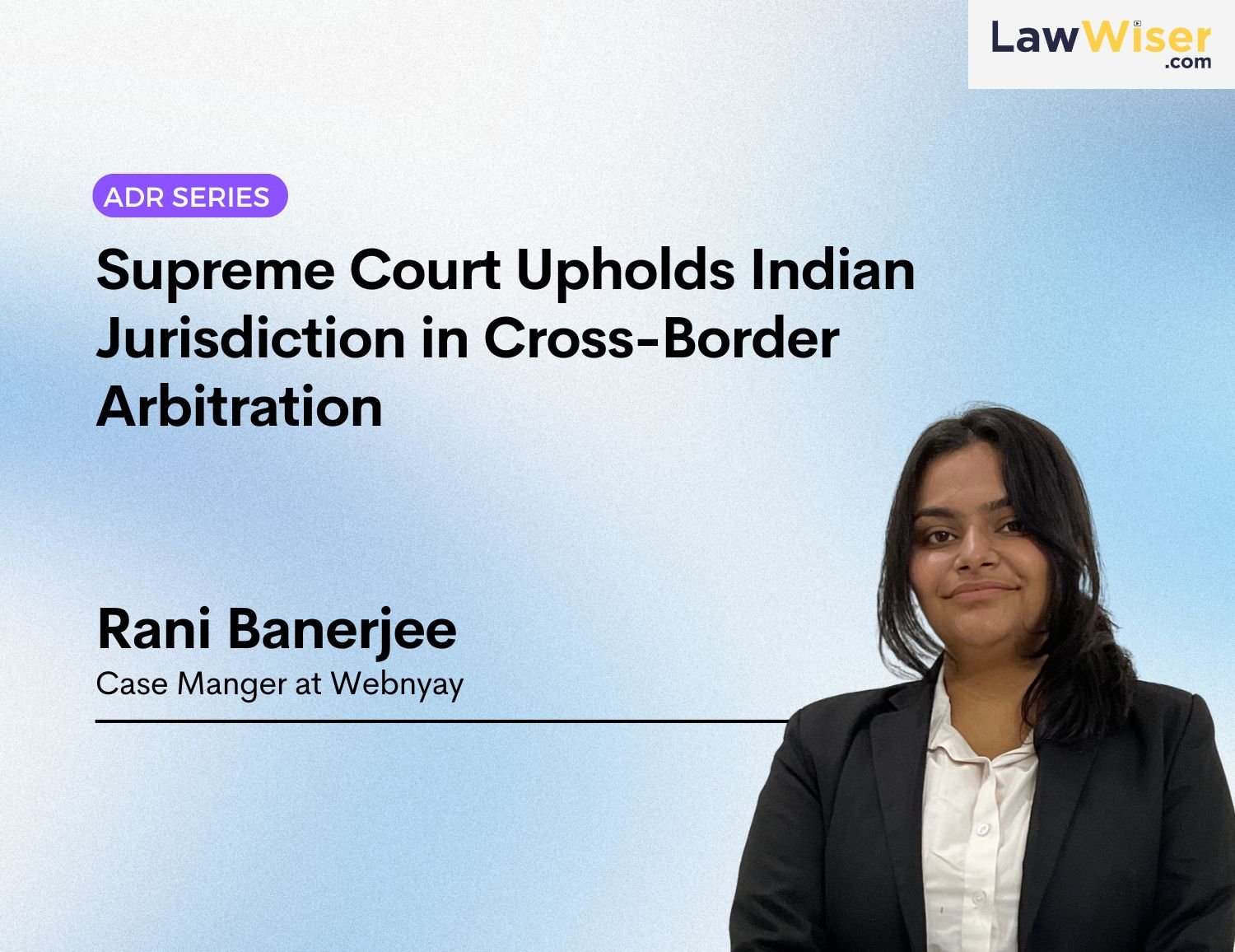An injunction in Indian law is a judicial order that either restrains a party from performing a specific act (prohibitory injunction) or compels a party to perform a particular act (mandatory injunction). It is a vital equitable remedy granted by courts to prevent irreparable harm or to maintain the status quo in legal disputes. Injunctions are governed by the Specific Relief Act, 1963, and the Code of Civil Procedure, 1908 (CPC). To obtain an injunction, the applicant must demonstrate a prima facie case, the likelihood of suffering irreparable harm without the injunction, and that the balance of convenience favours granting the injunction. Courts can issue temporary or interim injunctions during the pendency of a case to preserve the subject matter until a final decision is made, or permanent injunctions as part of the final judgement. Injunctions play a crucial role in protecting legal rights, preventing harm, and ensuring justice by providing immediate relief in situations where monetary compensation is inadequate or where actions need to be controlled to avoid significant damage or injustice.
Don’t have an account? Sign Up
Injunction
 June 8, 2024
June 8, 2024
Share
Write a Reply or Comment Cancel reply
CONTINUE READING
TWITTER FEED
- Congratulations to @VivekSoodDelhi for being recognised as ‘Emerging Senior Counsel of the Year’ at #UKILP… https://t.co/oHwBtL5geH
- Wishing you a Merry Christmas and a Happy New Year from all of us at LawWiser!#christmaseve #newyears https://t.co/ax6VOHyUcj
- Watch @AvaniShukla27, Associate- Content & Collaborations, LawWiser to learn about the recent landmark verdict give… https://t.co/OZnf0Z9PJr
- We are delighted to share that our Co-founder @LavanyaBehl1 is featured in the 30 people to watch in the… https://t.co/wmMrtvduKk
- Sanjeev Sachdeva has rejoined Luthra and Luthra Law Offices India Leadership team as Mentor and Partner. Read More… https://t.co/7F1M8p4w23
LINKEDIN FEED
- See you tomorrow at LawWiser Sip & Paint event, Co-hosted by Desai & Diwanji. #legal #law #lawfirm
- Wishing you a Happy Republic Day from all of us at LawWiser! #republicday #constitutionofindia
- Catch a glimpse of the vibrant moments from our previous Sip & Paint event.#legalevents #lawfirm #generalcounsel
- Exploring Essential Business Documents! In our latest video, we delved into crucial documents vital for every business journey: https://lnkd.in/d-vYuDDs
- From shaping ethical business practices to ensuring social justice, law plays a pivotal role in our world. Get ready to explore how legal frameworks empower businesses and create positive societal change.#staytuned #legal #lawforchange #changemakers











 September 2, 2025
September 2, 2025 0 COMMENTS
0 COMMENTS


